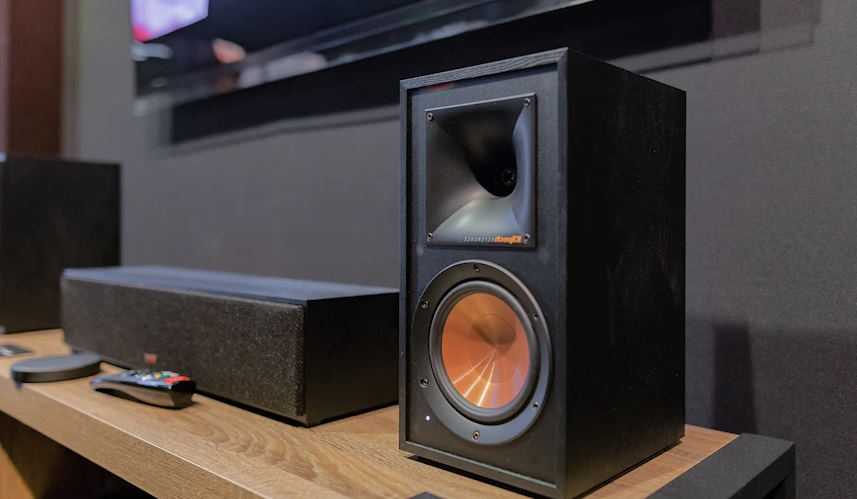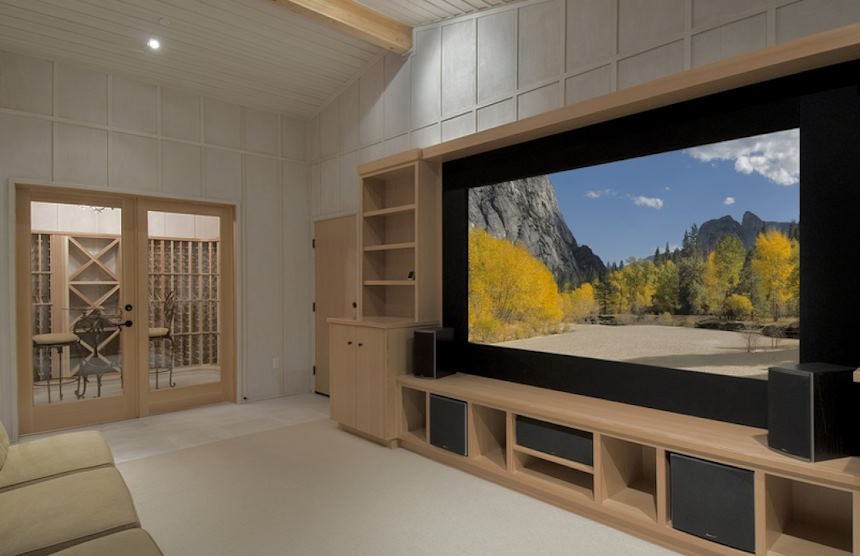In an era of rapid technological advancement, the world of home entertainment is undergoing a profound transformation. As we bid farewell to the days of bulky cathode-ray tube televisions and rudimentary stereo systems, we welcome a new age of immersive, high-definition experiences right in the comfort of our homes. The heart of this revolution lies in emerging technologies that promise to redefine what it means to have a home theater. Prepare to be captivated by the possibilities and potentials that await as we peer into the future of home theater entertainment.
The Revolution of 8K Ultra High Definition (UHD)
Understanding 8K Resolution
8K resolution is not just another buzzword in the realm of home theater reviews technology; it’s a quantum leap in visual fidelity. Imagine a screen so sharp and detailed that it feels like you’re peering through a window rather than watching a screen. 8K UHD, also known as 8K Ultra High Definition, delivers a stunning 7,680 x 4,320 pixels—four times the resolution of 4K and a whopping sixteen times that of Full HD. This sheer pixel density means that individual pixels become nearly invisible, resulting in razor-sharp images and a level of realism that’s truly breathtaking.
Benefits of 8K for Home Theaters
The advantages of 8K for home theaters are as clear as the images it produces. With a larger canvas of pixels, you’ll enjoy a more immersive experience, especially on larger screens. Fine details in movies, games, and documentaries come to life, providing an unmatched level of clarity. Additionally, 8K TVs often incorporate advanced upscaling technologies, enhancing the quality of lower-resolution content, so your entire library benefits from the upgrade.
Availability of 8K Content and Displays
While 8K content was initially scarce, streaming platforms, filmmakers, and tech manufacturers are racing to catch up. Today, you can find a growing library of 8K content, including streaming services offering select movies and shows in this format. Furthermore, 8K displays are becoming increasingly affordable, making them more accessible to home theater enthusiasts.

Immersive Sound: The Rise of Object-Based Audio
Introduction to Object-Based Audio
In the ever-evolving world of home theater, sound is taking center stage like never before, thanks to the rise of object-based audio. Unlike traditional audio setups that rely on predefined channels, object-based audio treats sound as individual objects in a 3D space. This means audio engineers can precisely position and move sounds within your room, creating an immersive, lifelike auditory experience.
Dolby Atmos and DTS:X as Leading Technologies
Two standout technologies leading the charge in object-based audio are Dolby Atmos and DTS:X. Dolby Atmos, for instance, introduces height channels, allowing sounds to come from above, creating a truly three-dimensional soundscape. DTS:X offers similar capabilities, providing audio engineers with creative freedom to shape soundscapes that match the visuals on your screen.
How Object-Based Audio Enhances the Home Theater Experience
The impact of object-based audio on the home theater experience is nothing short of transformative. Imagine raindrops falling all around you, a fighter jet soaring overhead, or a subtle whisper in a suspenseful scene – with object-based audio, you’re not just watching, but also fully experiencing the content. It adds depth, realism, and emotional resonance, making you feel like you’re right in the middle of the action.

The Role of Artificial Intelligence (AI)
Artificial Intelligence (AI) is not just a buzzword; it’s a technological marvel that’s reshaping the home theater experience in profound ways. Here, we dive into the multifaceted role of AI in enhancing your cinematic journey.
AI-Driven Upscaling and Image Enhancement
AI’s prowess in upscaling and image enhancement is a game-changer. It takes your content, whether it’s standard definition or even high definition, and magically transforms it into something that approaches 4K or 8K quality. AI algorithms analyze and fill in missing information, resulting in sharper, crisper visuals. So, even your old DVD collection can shine anew on your ultra-high-definition screen.
Personalized Content Recommendations
AI has become a trusted film buff and music connoisseur, learning your preferences and serving up tailored content recommendations. Platforms like Netflix and Spotify use AI to understand your viewing and listening habits, ensuring that every selection feels like it was made just for you. Say goodbye to endless scrolling through menus – AI brings entertainment to your doorstep.
Voice Assistants and Smart Home Integration
AI’s integration into voice assistants like Amazon Alexa and Google Assistant has revolutionized the way we interact with our home theaters. A simple voice command can dim the lights, adjust the volume, and start your favorite movie. AI also enables seamless integration with other smart home devices, creating a unified, interconnected ecosystem that responds to your needs.